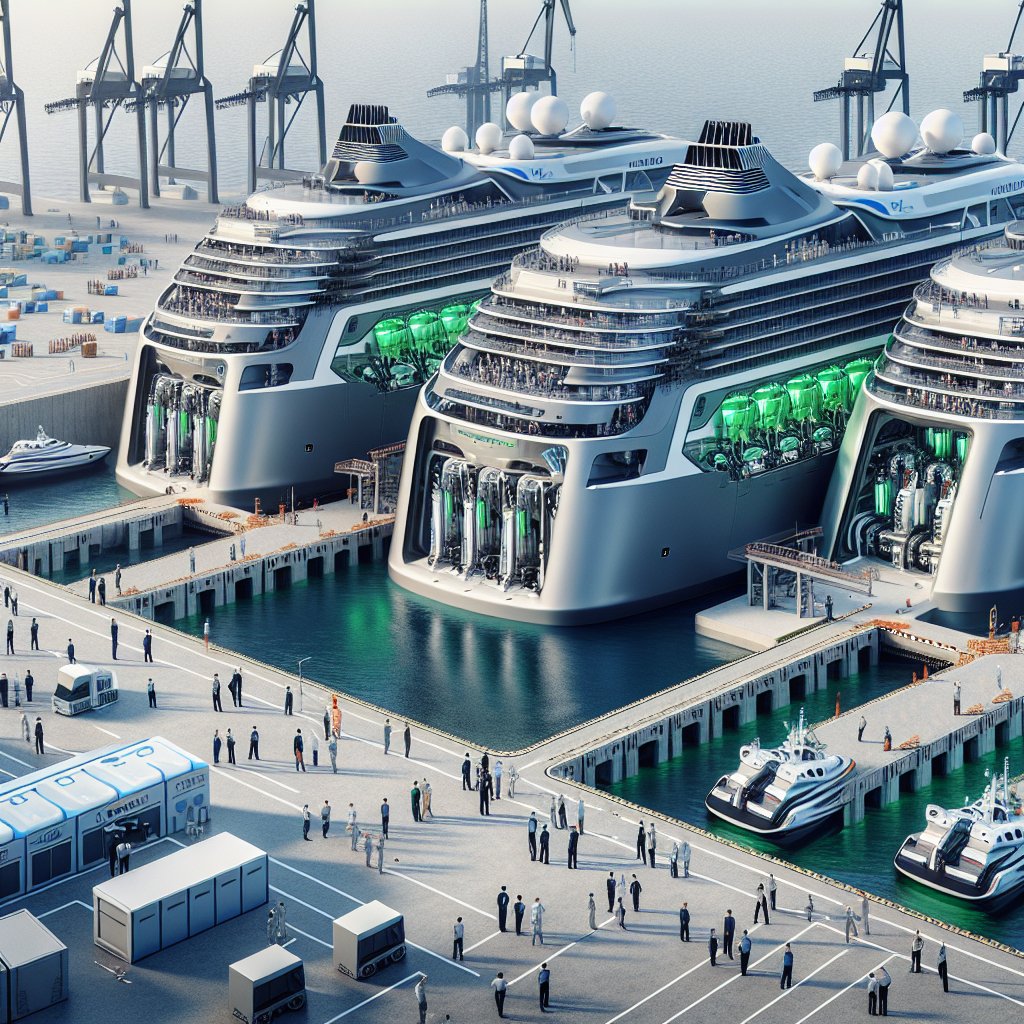Image: AI generated for illustration purposes
MSC Cruises Embarks on Sustainable Journey with LNG-Powered Ships
In a watershed moment for the maritime industry, MSC Cruises has unveiled its ambitious plan to navigate towards a more sustainable future. Confirming the addition of two liquefied natural gas (LNG)-powered ships, the cruise operator is reinforcing its commitment to sustainable tourism and environmental stewardship.
The maritime industry has been under increasing pressure to reduce its environmental impact, and MSC Cruises is answering this call by investing in cutting-edge green technology. The addition of the new LNG vessels bolsters their fleet’s reputation as one of the most energy-efficient in the industry, aligning closely with the goals set by the International Maritime Organization (IMO) for reducing marine emissions.
The two ships, ordered from the prestigious French shipbuilder Chantiers de l’Atlantique, are set to be delivered in 2026 and 2027, following the successful launch of MSC World Europa and MSC World America. The latter are already lauded for their superior energy efficiency, and the upcoming vessels promise to set even higher standards with innovative solutions to maximize energy efficiency through extensive heat recovery systems and other technologies.
A notable feature of the new vessels is their versatility in fuel choices. They will have the capacity to operate using alternative fuels like bio and synthetic methane, alongside green methanol, significantly reducing their carbon footprint. Additionally, the ships will be equipped with next-generation dual fuel internal combustion engines designed to minimize methane slip, a common issue in natural gas engines, where unburned methane escapes into the atmosphere.
Executive Chairman Pierfrancesco Vago confirms that these efforts form part of a larger vision—a testimony to MSC’s enduring 20-year partnership with Chantiers de l’Atlantique. Together, they have built an empire of 18 ships, with the 19th currently under construction. Vago emphasizes MSC’s determination to invest in future environmental technologies, with a target to reach net-zero greenhouse gas emissions by 2050.
Laurent Castaing, general manager of Chantiers de l’Atlantique, echoed Vago's sentiments, acknowledging MSC's vote of confidence in their skilled shipbuilding during difficult times for the European industry. He highlights that MSC is willing to incur a significant cost premium to enhance the energy efficiency of the new ships, which will emit 50% less CO2 compared to the IMO’s 2008 baseline.
MSC’s commitment to sustainability does not end with the fuel it uses. The new World Class vessels will come equipped with shore power plug-in connectivity to curb carbon emissions while in port. Additionally, the on-board advancements extend to the most sophisticated wastewater treatment systems, developed in compliance with IMO standards, improved waste management protocols, and a plethora of onboard energy-efficient equipment. This comprehensive approach ensures optimized engine and hotel energy usage, contributing further to emissions reduction.










